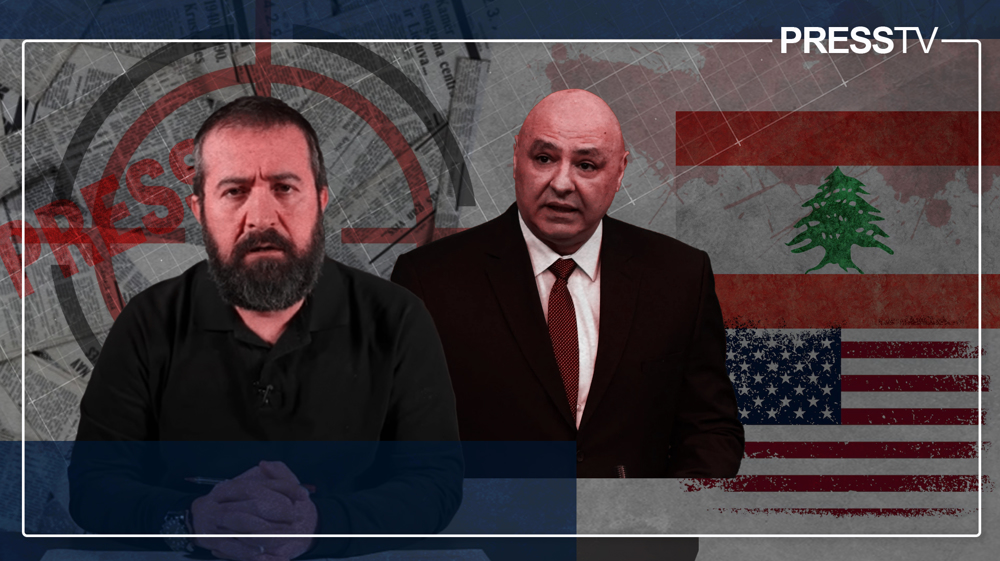Saudi succession and the question of oil
With Saudi Arabia’s 90-year-old King Abdullah breathing from a tube in a hospital bed after being diagnosed with pneumonia, questions over what the succession process will look like in the world’s largest oil producer loom large over energy markets across the globe.
Earlier in the week, Crown Prince Salman, the next in line to the throne, stepped in for the Saudi king to deliver an annual televised speech to the nation. "Today, as you know, your country is facing unprecedented regional challenges," said Salman. "That should make us cautious, and I would like to assure you that your leadership is aware of these challenges and their consequences." The remarks hint at a behind the scenes consensus among Saudi princes for prudence in the management of ushering in the next king, especially as the Saudi’s prepare for a longer term depression in oil prices.
Moreover, the prospects for a smooth transition of power are not without their historical precedents. In the past, power jostling between the 44 sons of the nation’s founder, King Abdulaziz Ibn Saud, has occurred not at the end of kings’ rule, but in their early years as princes vied to be nominated for the two most coveted positions in the kingdom: crowned prince, the first in line, and second deputy prime minister, the second in line. Since 1967, crowned princes assuming power have always respected their predecessor’s choice for second deputy prime minister by giving them the bump up to crown prince and then electing their own third in line.
But that doesn’t mean the road to get the nomination will be easy. In 1975, Abdullah was named second deputy prime minister by King Khalid after an impressive stunt as the commander of the Saudi National Guard (SANG), where he oversaw the modernization of its forces. But Abdullah, like Khalid, was an outsider to the powerful Sudeiri clan – a group of brothers all sharing the same mother who belonged to a historically powerful tribe. The eldest Sudeiri, the later King Fahd, who ruled for 23 years, was crowned prince at the time, and he pressured Abdullah to relinquish his command of the SANG in return for keeping his position as second deputy prime minister. Abdullah refused, having built a support base of a large number of marginalized princes who balked at the idea of a Sudeiri succession from one to another before any of them had their chance.
Though tough to get, once the ink is dry on a succession title, death seems like the only real way to get shoved aside. And that’s exactly what’s been happening to Abdullah’s successors – they’ve been dying. In 2011, crown prince Sultan, a member of the Sudeiri brothers, died. King Abdullah appointed the next in line, Sudeiri brother Nayef, to his position. Abdullah barely had time to start thinking of a second in line contender before Nayef died one year later in 2012. Shortly thereafter, yet another Sudeiri, Salman, was named as crowned prince.
With the second deputy prime minister position left vacant yet again, behind the scenes political maneuvering to get the post was put to an end on March 27, 2014, when the king announced that the youngest surviving son of the nation’s founder, Muqrin, would officially become third in line. By putting the names to titles, future power transitions seem set for relatively smooth sailing. But then again, times are changing.
The current crowned prince, Salman, had extensive back surgery in 2010, suffered a stroke that took function away from his right arm, and is widely rumored to be suffering from some form of dementia. If the king passes away and Salman takes the throne, his inability to serve could be reviewed by the Allegiance Council, a body created by King Abdulah in 2006 to solve succession issues that consists of sons and grandsons of Ibn Saud. The council’s law states that as soon as the king becomes too ill to do his job, a newly formed medical committee will submit a report to the Allegiance Council on his health. If he is diagnosed as being permanently incapacitated, the crown prince steps in.
Given the medical record of Salman, that seems like a very realistic scenario, putting significant pressure on the second deputy prime minister, Muqrin, who was only nominated last March. Moreover, many princes feel that Muqrin, who is widely understood to have a Yemenese mother, as genealogically unfit for the role, a sentiment that was echoed when some on the Allegiance Council voted against his nomination. The closer Muqrin gets to the throne, the more these divisions will grow. Due to the deaths of the other crowned princes that forced Muqrin into his new role, the fact that he hasn’t had much time to absorb his new position and consolidate a secure power base could pose problems for him should he take power in the future.
But perhaps the most challenging issue of all is how the kingdom will incorporate the over 200 grandchildren of the country’s founder into positions of high power. Thus far, only brothers have been elevated to any of the top three posts. With no precedent to look to as guidance for forming an orderly power transfer, the third generation of the house of Saud may prove incapable of forming an orderly succession.
In the short term, expect the initial transition from Abdullah to Salman to go smoothly. With oil prices sinking and a Saudi strategy to keep them that way to beat out competitors, the kingdom won't be looking for any bad press. Things get trickier when questions get asked about whether or not Salman is fit to rule, which if it were decided that he was not, would usher Muqrin, an economic reformer, into the throne. With almost $700 billion dollars of reserves to ease any short term uncertainties, there is really only one thing we know about what goes on behind closed doors in Saudi Arabia: those who speak a lot know nothing; those that know a lot say nothing.
RA/HMV
Iran ministry slams EU’s blacklisting of IRGC as 'Illegal, hypocritical'
Hamas blasts Western media for blindly defending false Israeli narrative
ElBaradei condemns US threats of military action against Iran
VIDEO | Red the only colour in Gaza
‘No two-hour war’: Iran vows immediate retaliation to any attack
VIDEO | US warmongering threatens stability
Pezeshkian: US must end provocations if it seeks genuine diplomacy
Iran summons German ambassador over Merz’s ‘low-minded’ remarks










 This makes it easy to access the Press TV website
This makes it easy to access the Press TV website